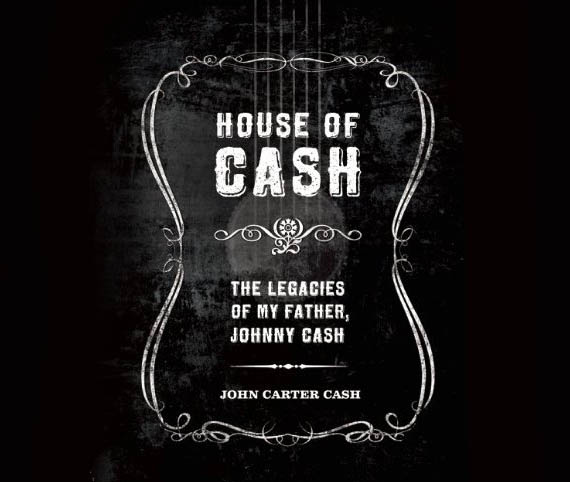Johnny Cash/ Bear’s Sonic Journals: Johnny Cash, At The Carousel Ballroom, April 24 1968/Renew Records/BMG
Videos by American Songwriter
3.5 Stars Out of Five
Like any late lamented icon, Johnny Cash has been well represented by a steady stream of posthumous releases. This unexpected entry spotlights Cash in Haight-Ashbury, just prior to the release of the classic At Folsom Prison album and not long before the release of the equally revered At San Quentin. Recorded by Owsley Stanley, the Grateful Dead’s longtime taper and supplier of psychedelic substances, it found Cash in somewhat unlikely environs, a venue operated by The Jefferson Airplane and Grateful Dead.
If Cash was intimidated by the counter culture—this was the height of the hippie era in the heart of their homeland after all—he certainly doesn’t show it. He runs through a standard stash of seasoned hits, some 24 songs in all —“Big River,” “I Walk the Line,” “Jackson,” “Ring of Fire,” et. al.—and his somewhat perfunctory attitude suggests he was comfortable with both the audience and the ambiance. Wife June Carter Cash does her bit as well, ably underscoring their duets with a decidedly spunky grit and sass. A handful of covers—“Don’t Think Twice, It’s Alright,” “Green, Green Grass of Home,” “Long Black Veil,” and “Rock Island Line,” among them—reinforce the notion that John and June were easily able to charm a non-country crowd and emerge nonplussed.

From the evidence offered here, the audience seems genuinely appreciative of their efforts.
Notably, this cross-cultural collusion took place just as the merger of rock and country was first transpiring, with Dylan, the Byrds, and The Flying Burrito Brothers leading the way. Consequently, this particular entry highlights the fact that the Carters were involved at the outset and had no qualms about sharing their roots regimen with an alternative crowd.
The performances eschew any sense of formality, courtesy of barbed arrangements that mostly find Cash in a somewhat solitary setting, aside from the presence of June and his steady backing band, the Tennessee 3. The extensive liner notes, contributed by Cash’s son John Carter Cash, Stanley’s son Starfinder Stanley, Bob Weir, and Dave Schools of Widespread Panic, further illuminate the circumstances and make it clear why this particular recording makes for such an extraordinary offering.
Humbled but unbowed as always, Cash takes his typical insurgent stance. Consider this another Cash classic.













Leave a Reply
Only members can comment. Become a member. Already a member? Log in.